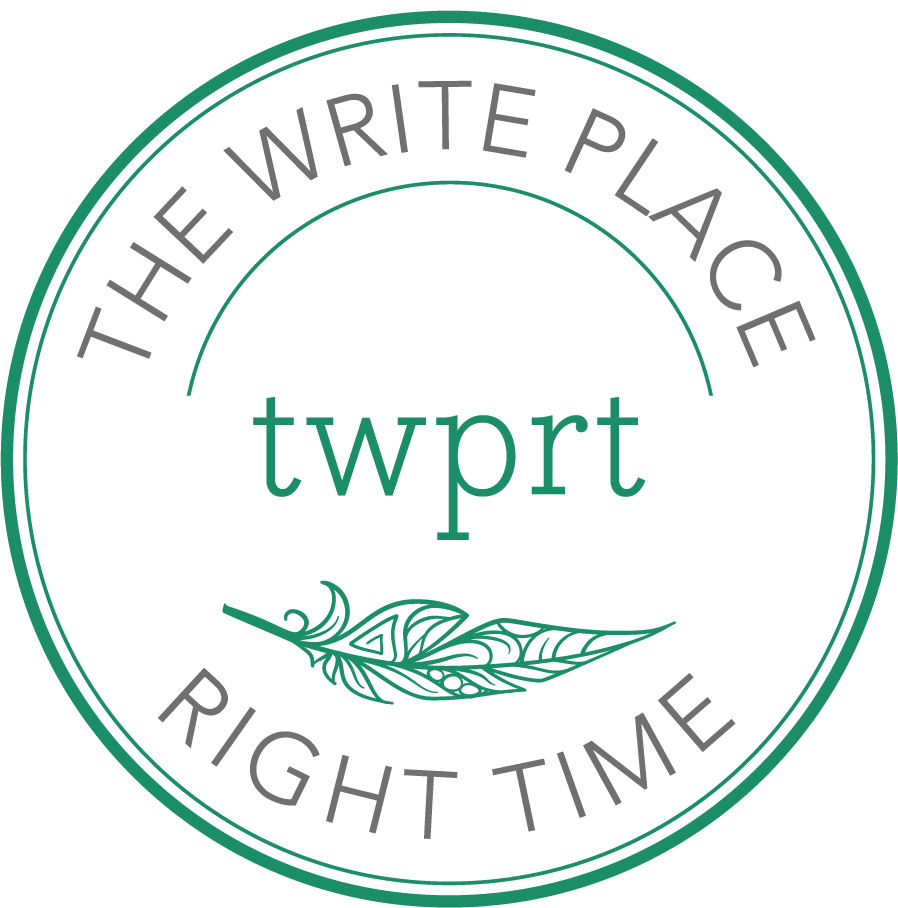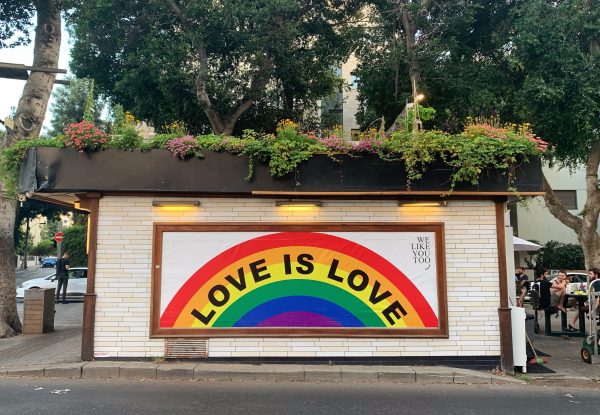I just held my third You Speak, We Listen: Together We Stand a couple of weeks ago and the power of the stories reminded me of why I believe in this event.
You Speak, We Listen: Together We Stand (YSWL) is my quarterly virtual storytelling event for women . It was born out of my want and need to take action and participate in the fight to end systemic racism. It stemmed from the onslaught of violence and murder against Black people we witnessed in 2020 across the United States (though I know all of these things have been occurring for hundreds of years).
While I have been motivated to participate in the dismantling of racism this is not the only driver for this event. In fact, it was the catalyst that set into motion a much larger mission and vision.
The purpose of YSWL is to gather women and marginalized folx together to be seen and heard.
I'm on an ultimate mission to empower us to share our stories and to connect through our experiences.
I believe in a global sisterhood – regardless of how we each identify on the matter of race, religion, gender identity, sexual orientation, etc.
YSWL is a way of honoring the stories and experiences of women and gathering us together in one place to hold space for each other and what we've been through.
There are folx we don’t hear from and experiences we don't hear about because our culture and community shushes them, ignores them, and, as a result, invalidates their experiences and their lives. This keeps women silent, keeps them hidden, keeps them invisible.
It is my true belief, through our personal narratives based on our lived experiences, we as a human race can connect on a different level. Through connection, there can be Community, and when there is a community of like-minded people there can be Change.
Janet Mock (American writer and transgender rights activist) says it best.
“I believe that telling our stories first to ourselves, and then to one another and the world, is a revolutionary act.”
As such, for change to exist, the very first thing we need to do is create space to hear the diversity of voices the world has to offer – which is why the theme and the speakers for this event change each quarter.
The second thing we must do is be able to listen. Actively. To actually hear and reflect WITHOUT the need to respond immediately, or at all.
No matter the theme of these gatherings, the purpose is always to listen to the voices who share their stories with us and to recognize them – because their experiences and their Truths and THEIR LIVES MATTER.
Through the stories we hear, we can learn new things that better us and better our communities. The more we better our communities, the more hope we have to change the world. Through the stories we hear, we can reassess or evaluate our own. Or question the other narratives we’ve been given.
Our Theme was Coming Out Stories from Members of the LGBTQ+ Community
June is PRIDE month. As such, it seemed fitting to give the virtual stage over to members of the LGBTQ+ community for their voices to be heard as a part of the month-long recognition of this community. That said, June is not the only month to listen. June is not the only month to care, pay attention, or stretch your ally-muscles. Just as February is given to Black History Month, June to PRIDE doesn’t mean the other 11 months we ignore the existence and realities of the members of these communities.
I think it’s also important to note that while society represents PRIDE month as being one of positivity there’s also the darker underside. That as people wave their flags and claim their identities, there are plenty of hateful non-allies waiting to strike with venomous words and “rain on the parade,” proving there is still plenty of work to do in activism, advocacy, and allyship.
Our one night was a singular event of a much-needed ongoing and multifaceted conversation. We spent our evening focusing on one piece, coming out. Coming out in a heteronormative society can be traumatizing, painful, jarring, as much as it may be exciting, relieving, joyful.
Here are 10 things I learned from listening to the panel of speakers at this latest YSWL.
Maybe one of these will provide you with new and powerful perspectives that changes your own perception and calls you to take new action.
- Coming out is never really over; it's not a one-and-done. Coming out is a process. “There is no ONE moment that you come out,” Mikaela told us.
- Coming out isn't something reserved for family and friends. It includes having to come out to your doctors, dentists, neighbors, colleagues ... you come out to your ENTIRE world.
- The years of being closeted still can impact you years after you've come out, as was Mikaela’s experience.
- That coming out and saying out loud “I need to transition” can be scarier than jumping out of airplanes or going to war, as was the case for Ann, a Veteran, who survived the military and went to war before making her transition.
- “That every time you deny a part of yourself, there’s a death that happens,” Ashley explained about her own journey.
- “When you hear a homophobic remark it is up to you to say something if you want to be an Ally (with a capital ‘A’),” as Lisa stated. It is not enough to ignore it or not give it weight. You must say something.
- The experience of heterosexual people is that they don’t have to defend their sexual orientation. “Everywhere you go it seems you have to introduce or announce yourself as being gay but straight people don’t have to do that,” KJ shared.
- Even when you know as early as four, or fourteen, that you’re transgender or gay, the fear of unacceptance, intolerance, not belonging, losing people you love, can keep a person closeted, unhappy, and even suicidal, for decades. “I contemplated suicide as a way out but kept telling myself, ‘If I need to, maybe tomorrow.’ I strung together years of tomorrows,” Ann said.
- Coming out isn’t always your choice. You can be ‘outed’ by other people or by job forms and applications, and a variety of other things that require you to ‘check a box.’
- It can be easier to come out to new people who have just entered your life versus those who knew you before coming out.
If You Want to Know Ways You Can Be a Better Ally Then Here Are Our Speakers' Suggestions:
- Enter spaces with empathy
- Post a rainbow in your office or Zoom background for people to see and list your pronouns next to your name in Zoom meetings (or online profiles)
- Talk WITH people not for them
- Financially support organizations and businesses that are dedicated to advocating for the LGBTQ+ community
- Share with your friends that you are totally okay with someone coming out (because maybe you've got someone in that group who hasn't come out yet and is waiting to know they'll still belong)
There is more we each have to do to be better allies.
As Maya Angelou has said, “Nothing will work unless you do.”
Perhaps the work you have to do next is to join us for our upcoming event and start listening.
The next You Speak, We Listen is slated for August 10th at 7 pm EST. All women welcome. We are currently seeking women speakers from the Jewish American community. Stay tuned for further details.

